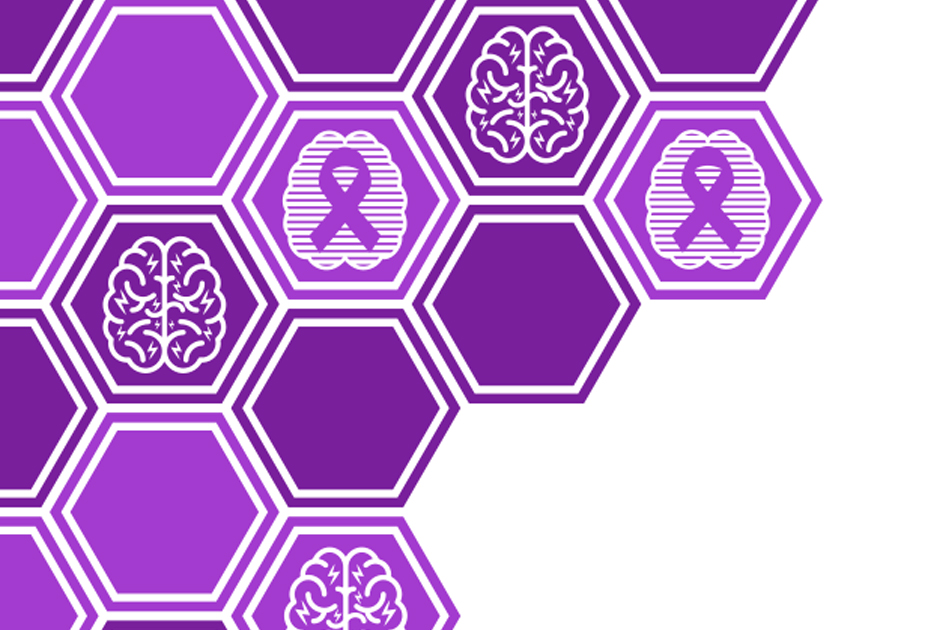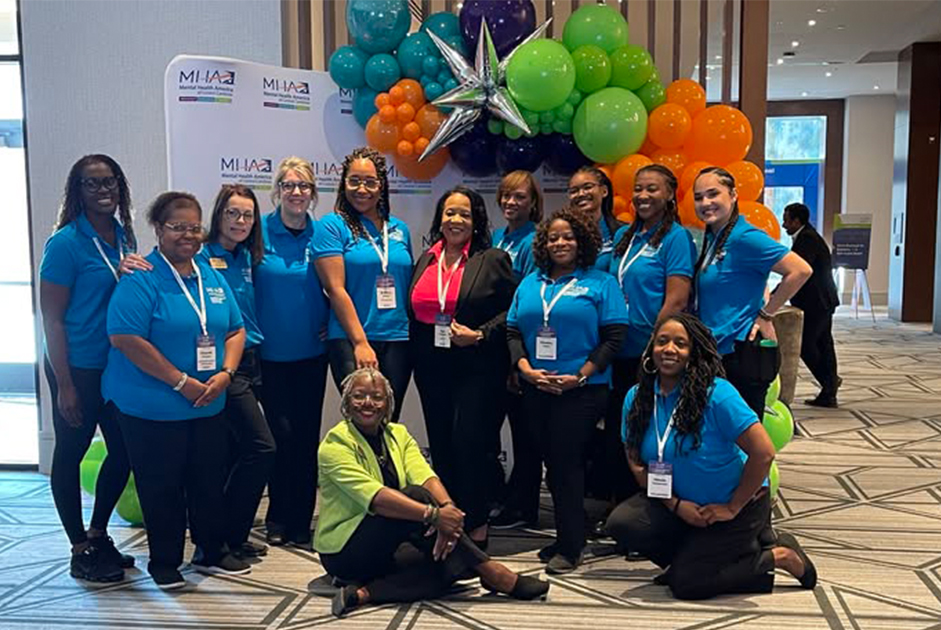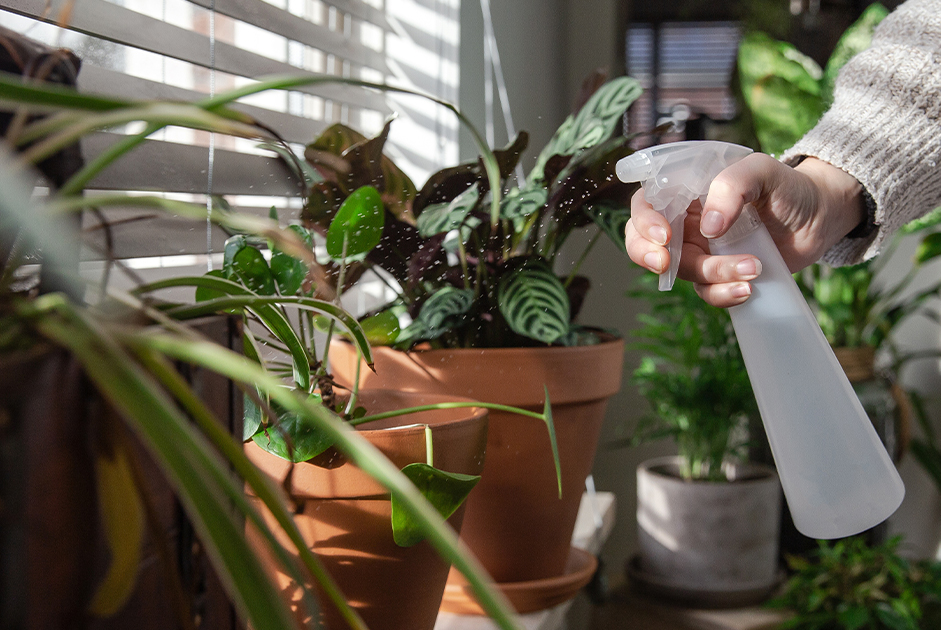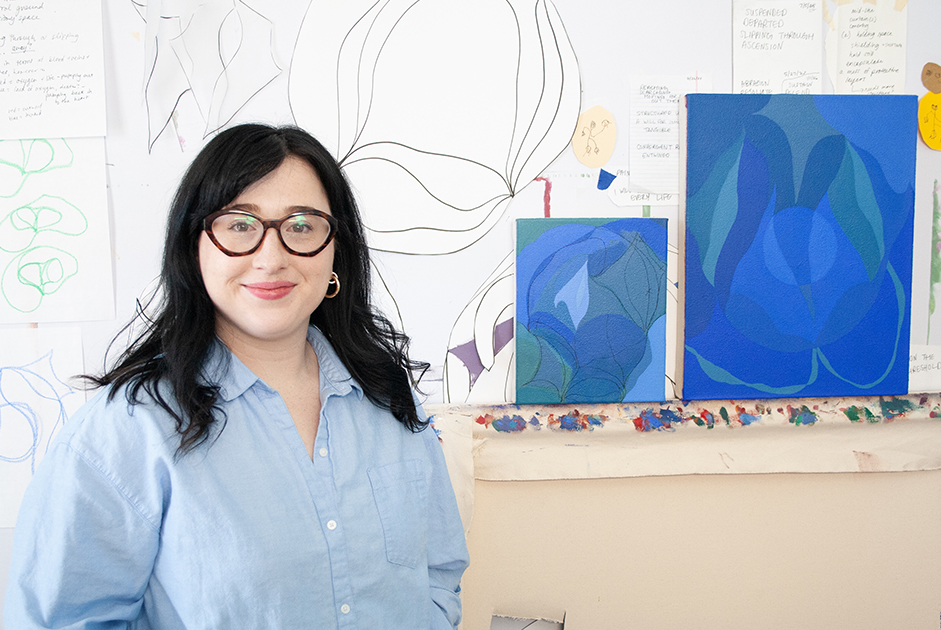This September 12th, join many in recognizing the families and loved ones affected by Alzheimer’s Disease. This celebration is a global effort to raise awareness and challenge the stigma around Alzheimer’s disease and dementia. The Alzheimer’s Association is one of the first resources to go to regarding learning more about the more than 55 million people across the world affected by this terrible disease. As someone who has lost her father to this dreadful disease, I know firsthand how painful it is to see someone you love wither away. Whether you also have a loved one with this disease or would simply like to learn more about Alzheimer’s or dementia, this September is a wonderful time for all to make sure they are aware of the early signs of this dreadful disease. Early detection is crucial in helping those suffering from ALZ.
Before looking into the obvious signs that someone is experiencing Alzheimer’s or dementia, what exactly is the difference between the two? According to the article, “Alzheimer’s versus Dementia: What is the Difference,” by UCLA School of Medicine Writer Diane Siervert, “Alzheimer’s disease is the most common cause or type of dementia, accounting for the majority of cases.” Think of Alzheimer’s Disease as a specific type of dementia characterized by progressive memory loss and cognitive decline. Whereas Alzheimer’s Disease is a specific type of dementia, dementia is the overarching term that refers to a range of memory loss symptoms. “Dementia is a general term used to describe a set of symptoms that affect cognitive abilities, memory, thinking and behavior,” Siervert writes. “It is not a specific disease but rather an umbrella term for a group of symptoms.”
For my father, we noticed a few memory issues and cognitive symptoms, which led us to take him to a few doctors who specialized in dementia and the initial stages of Alzheimer’s. At first, he was diagnosed as being within the “mild dementia stage;” meaning he was beginning to show the early signs of having dementia. It was not until months later, when he began to quickly decline, he was diagnosed with Alzheimer’s Disease.
All this said, what symptoms should one look for if concerned about their own loved one? According to the Alzheimer’s Association article, there are 10 early signs and symptoms for Alzheimer’s and dementia.
ALZ Sign/Symptom #1: According to their website, the first sign is “memory loss that disrupts daily life.” This sign by far, was what led us to worry about our father. If someone is asking the same question repeatedly, we should give pause.
ALZ Sign/Symptom #2: The second sign is “challenges in planning or solving problems.” If your loved one has trouble planning, or working with simple math/finances, this could be another sign for which to look out.
ALZ Sign/Symptom #3: The third sign is “difficulty completing familiar tasks.” When our father began to get confused with dressing himself, and would put on shirts inside out, we knew that something was clearly wrong.
ALZ Sign/Symptom #4: If you know someone who gets confused about the date and time, and often eats at odd times, or wakes up to start their day at 2:00 a.m., then this is the fourth sign.
ALZ Sign/Symptom #5: The fifth sign is “trouble understanding visual images or spatial relationships.” For example, if someone has trouble judging distance, and is increasingly becoming a troublesome driver, this is a clear sign of one of the two diseases.
ALZ Sign/Symptom #6: “New problems with words in speaking and writing” is the sixth sign. If you know someone who recently calls familiar objects odd words (“hand clock” for a “watch”), then you may need to investigate.
ALZ Sign/Symptom #7: The seventh sign is “misplacing things.” While this may cause everyone to think they may have the disease, especially busy parents, with ALZ or dementia patients, this sign is more obvious because the person is unable in any way to retrace their steps and may get frustrated at losing the item.
ALZ Sign/Symptom #8: “Decreased or poor judgment” is our eighth sign and occurs when the loved one makes poor choices, like donating to a cause that is clearly a fraud or having suddenly poor grooming habits.
ALZ Sign/Symptom #9: If your loved one is suddenly not wanting to socialize, this is our ninth sign. “Withdrawal from work or social activities” is a clear indicator that something is off.
ALZ Sign/Symptom #10: Finally, the 10th sign is the most difficult one to experience. “Change in mood and personality” is something of which to be wary. For my family, my father’s personality shifted during those final years. He went from being incredibly happy go-lucky to being moody and short tempered. Sadly, this was a clear sign for us that he was sick.
Overall, while September 21st is a momentous day for all to either donate or volunteer at an organization that recognizes ALZ or dementia patients, these loved ones need help all year. As mentioned above, early detection is one of the best methods to begin helping your loved one. By providing them with the support and love they need, together we all can begin removing the negative stigma around this disease and help them live their final years with the dignity they deserve.




















